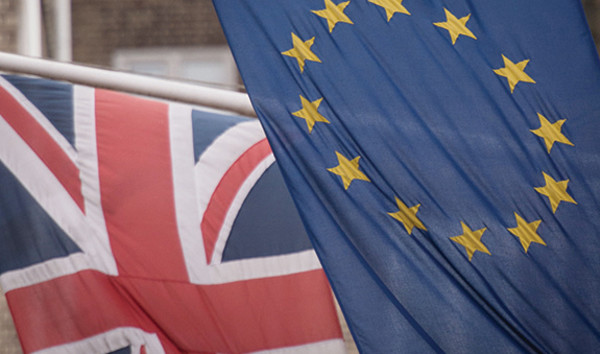

The UK market’s spike in flows into tracker funds has continued despite fund outflows reversing, as investors continue to question fund houses’ ability to deliver alpha in the aftermath of the Brexit vote.
Investment Association (IA) figures show passive funds’ share of total assets jumped from 10.7 per cent in May to 12 per cent in June, but had risen to 12.2 per cent by August, despite net sales hitting £1.7bn.
The increase also came as overall assets under management surged, demonstrating the sudden but then continued shift into passive vehicles.
Analysts pointed to uncertainty in the global markets in the build-up to the June 23 referendum and subsequent rise since as a key motive for the pronounced move by investors. This has combined the ever-growing dissatisfaction about active management fees with performance in times of strong beta.
Passive funds enjoyed net inflows in June as combined net redemptions from retail investors reached £3.5bn, with a significant proportion coming from active equity funds. However, total inflows returned to form in August, partially undoing some of the damage.
Short-term macro fears are likely to have pushed investors away from active management into the perceived safe-haven aspect of passive products, according to AJ Bell investment director Russ Mould.
“There is some logic in a greater number of investors who use actively managed funds being more likely to take a [different] approach to trading in response to short-term market activity. This is why we saw more money flowing out of actively managed funds in June and July compared with passive products,” Mr Mould said.
He added that it could be especially difficult in times of heightened volatility for stockpickers to choose correctly, so many investors might have felt tracking a benchmark was a safer bet than taking a big position that was dependent on a particular outcome.
“Some advisers and clients may have decided to dispense with the rigours of finding a proven stockpicker and instead go with a simple, direct way of playing major themes through benchmark indices or custom-built baskets of securities,” Mr Mould said.
Jeannie Boyle, technical director and chartered financial planner at EQ Investors, has noted strong inflows into the firm’s low-cost funds since the vote. “We’re seeing a big increase in interest in this type of investment,” Ms Boyle said.
While investors generally turned their back on equities, particularly the UK market, and focused more on fixed income, those that remained in risk markets may have also been put off by active manager underperformance.
Since June the FTSE All-share index has gained 14 per cent, with the average fund in the IA UK All Companies sector returning just 11 per cent.
The surprise outcome of the referendum caught many active managers off guard, potentially fuelling investors’ concerns, causing the passives trend to continue through to August.
“In that period a number of active funds reported underperformance, which has probably increased the flow from active to passive, but I wouldn’t be at all surprised to see this trend continue,” Ms Boyle said.
Orbis director Dan Brocklebank said he was “not surprised” at the IA statistics, and the switch from active to passive has been pretty consistently one way since the credit crisis.
Mr Brocklebank said: he appeal of trackers has been strong, particularly given the lower costs, which has probably become a consensus view judging by the share of flows.”
Key numbers
£2.9bn: Combined net outflows from retail clients from June to August 2016
£577m: Net inflows into tracker funds during the same period



